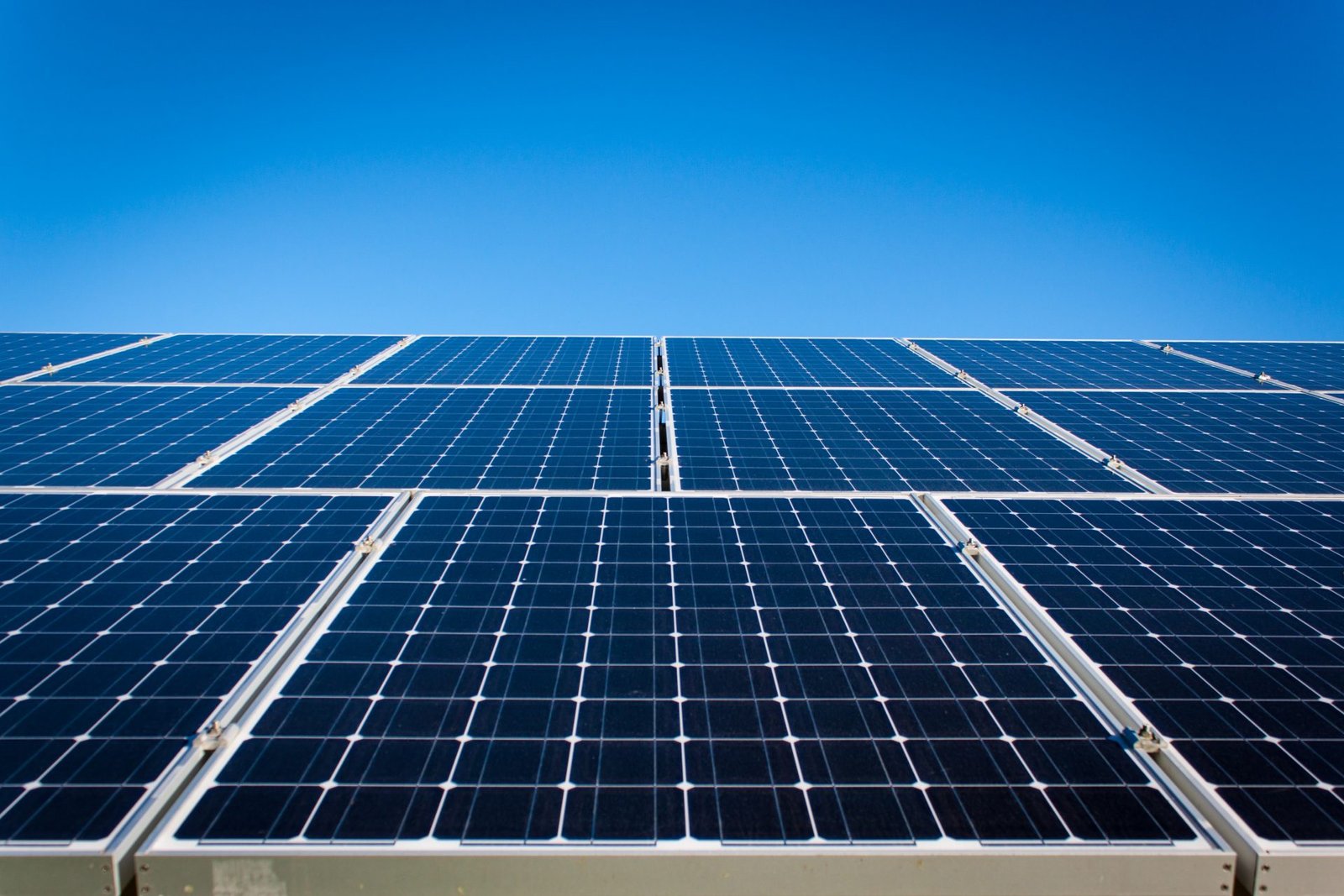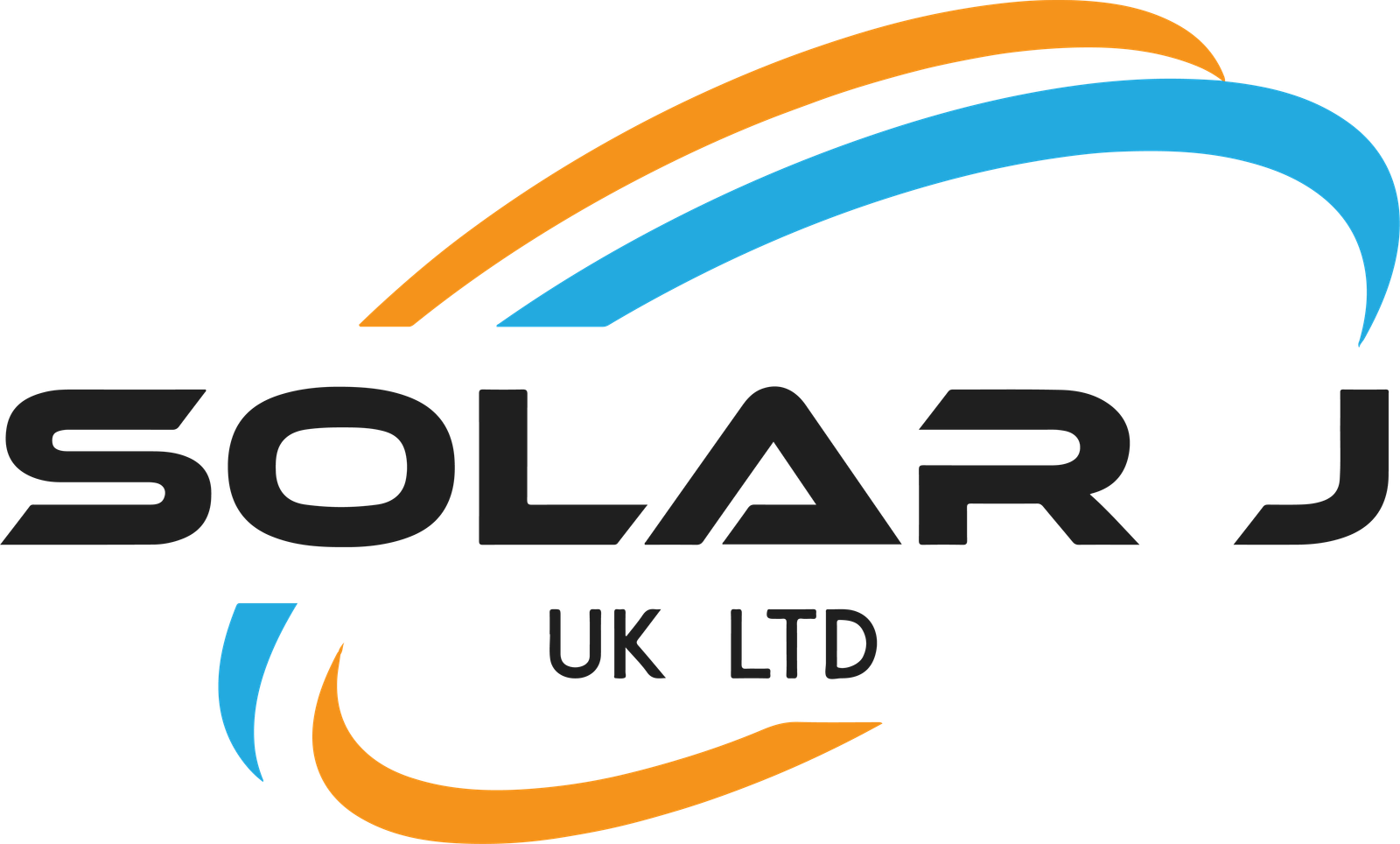
How to start a solar business
The solar industry is growing, and its sun is still just starting to rise. Solar power continues to lead the way when it comes to renewable energy — and arguably energy in general. According to SEIA data, in the first half of 2023, 45% of all new electric capacity added to the US grid was from solar.
Likewise, solar installation professionals is among the fastest growing professions in the United States. The trade is projected to enjoy a 22 percent growth rate between 2022-2032, and the 2022 median income was $45,230 per year.
This data represents a promising prospect for contractors looking to cut their teeth in this exciting business. If you’re wondering what it takes to start your own solar business, this post is for you.
How to start a solar business — beginnings
Of course, there’s much more to solar installation than slapping up panels: there’s general contracting, roofing, metal fabrication, sales, repair and maintenance, consultation, landscape design, and so much more.
The best place to start a new solar business is between the cracks of large, over-saturated markets. Find out what solar professionals are doing in your area by checking in with local SEIA chapters and chambers of commerce, and conducting internet searches. It’s highly likely that even if your market is saturated with traditional solar businesses, you can find a niche that only you can fill.
Solar incentives
Becoming an expert means more than knowing your product. It requires having your finger on the pulse of the various rebates and incentives available, an important differentiator for companies looking to get ahead of the pack. Businesses that do the research to save their customers time and money have a leg up when it comes to getting the contracts.

Solar sales
Starting a solar business doesn’t necessarily mean you’ll need a crew up on roofs installing panels. If sales is your thing, there are many businesses that focus on just that.
These companies do all the work of selling solar systems: getting leads, qualifying them, doing in-home or virtual consultations, and getting the customer to sign. Once a customer has signed on, these organizations then work with a contractor that takes care of the rest of the installation process.
With the recent improvements in solar sales software, it’s easier than ever to stand out from the crowd. Click through this Tourial to see how Aurora’s reimagined Sales Mode can help you sell with confidence and close more sales.
document.getElementById(‘tourial-sales-mode’).getElementsByTagName(‘iframe’)[0].src = `https://tours.aurorasolar.com/sales-mode?${window.location.search.slice(1)}&isEmbedded=true&viewportHeader=true`
Solar installers
Solar installers are usually the most saturated business in the market. If you’re wondering how to start a solar installation business, you might want to start at the basics: Roofing. If you’re a roofer, solar installation could be a great option to add to your business. The solar and roofing industries are starting to converge, and for good reason. Solar panels and roofs have about the same lifespan (approximately 25 years), and savvy roofers are realizing the one-two punch of installing a new roof and solar system simultaneously. Whether you’re a roofing contractor or solar installer, there’s a lot of overlap between the two, and plenty of untapped market opportunities for incorporating roofing and solar into your business plan.
What is a PV system?
Before we move on, let’s take a quick look at how a PV system works to get a better idea of how you can make money building one.
How does a solar photovoltaic system work?
Solar panels convert the energy of the sun into electricity through a process called the photovoltaic effect. When a photon hits a photovoltaic (PV) device, its energy knocks electrons in the material. These electrons begin to flow, producing an electric current.
At a high level, the process of how solar panels works involves three primary steps:
- Solar cells within solar panels absorb light from the sun, which causes electric current to begin flowing.
- An inverter converts DC electricity to AC electricity.
- This electricity is used to supply current energy demands in the customer’s building and excess electricity beyond what the customer can use is exported to the grid (or used to charge a battery).
The photovoltaic process occurs at the solar cell level. Solar panels are composed of multiple cells, and PV systems are a series of solar panels wired together (called “stringing”) to provide appropriate voltage to the system’s inverter.
After a PV system is installed, there’s nothing standing between a customer and cheap, green energy.

Solar company licensing & certifications
Solar licensing
Not every state requires solar licensing, but some do. Keep in mind that if you’re planning on working outside of your home state, you’ll need licenses for any state you want to work in. For states requiring licenses, you’ll often need a plumbing or electrician license, or both. Some states require a specialized solar contractor license.
Check here to check on what type of licensing you may need in your state, region, or municipality.

